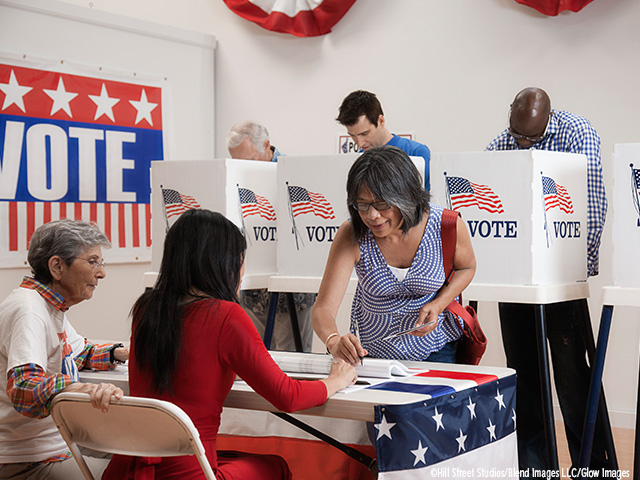
States Attempt New Voting Rights Laws
In order to vote, you first need to become a registered voter. In some states, you must register yourself, a certain number of weeks or days before an election. Some states require you to turn up at the polls with your ID, but other states do not. Some states allow you to vote from home for any reason, while others restrict this method.
Republicans and Democrats regularly disagree over the regulations in the voting process. The 1965 Voting Rights Act was the most sweeping voting reform in American history. But in the decades since, states have added many new regulations and requirements that affect voter rights. Recently, laws in the Republican-controlled states of Texas and North Carolina have made news headlines. Here, Election Central takes a closer look.
Texas
On September 7, 2021, Texas Governor Greg Abbott signed Senate Bill 1 into law. This law includes a lengthy list of voting restrictions, such as eliminating overnight early voting hours and drive-thru voting. It also sets up new limitations about who can and cannot assist voters in casting their ballots. It establishes new ID requirements for voting by mail and it requires monthly checks of the voting rolls to keep them up to date.
Republicans say that these new measures will help prevent voter fraud. Democrats and voter advocacy groups argue that the law makes it harder for African American and Latino Americans to vote by banning the voting methods frequently used in the last election. Several legal challenges to the new law have already been filed.
North Carolina
In 2018, North Carolina passed a new voter ID law. North Carolina Republicans argue that these requirements are necessary in order to prevent voter fraud. Fewer than twenty states require a photo ID in order to vote. Democrats argue that such rules discriminate against voters of color because African American voters are about 39 percent less likely to have a photo ID than white voters. Last week, a panel of three judges struck down the state’s latest photo ID requirement. The judges said that it intentionally discriminates against African American voters, which violates their equal protections. The case will likely now move to a state appeals court.
Fighting for Voting Rights
Meanwhile, in Washington, D.C., Democrats in Congress are trying pass the John R. Lewis Voting Rights Advancement Act. This new law would give the federal government increased control over elections. It would reinstate some federal control over state voting laws that used to be in the 1965 Voting Rights Act. Some of these controls have been eliminated by Supreme Court decisions in recent years..
The proposed law stated that a state must get federal approval to make changes in its state voting regulations if it was proven to have a recent history of voting rights violations. (Follow this link to the Congress.gov summary of the House bill to see more details.) This bill passed the U.S. House of Representatives but faces strong opposition in the Senate.
Dig Deeper Visit this website of the U.S. Vote Foundation to learn about what voting regulations currently exist in your state. What did you discover?


